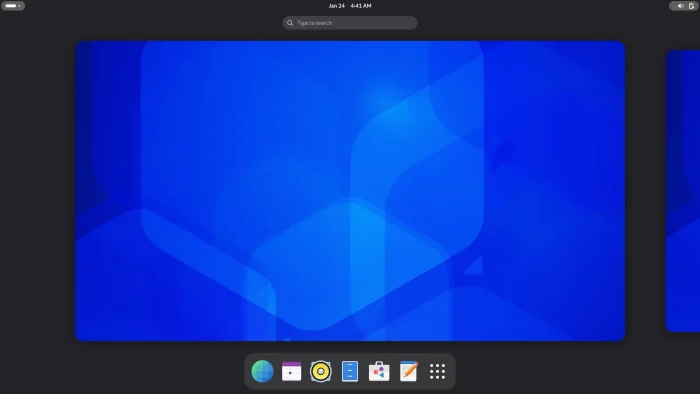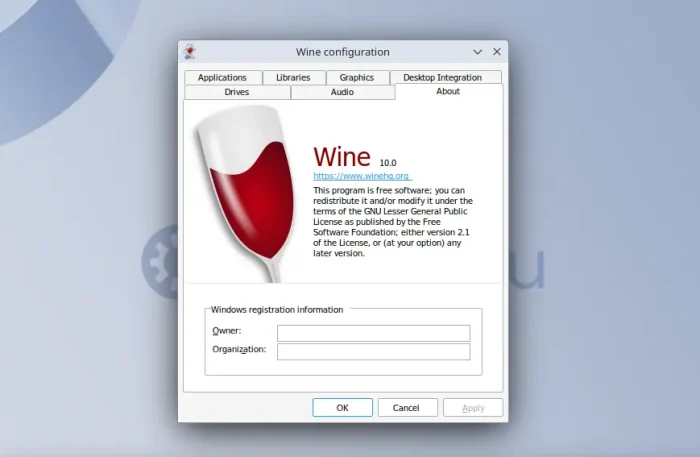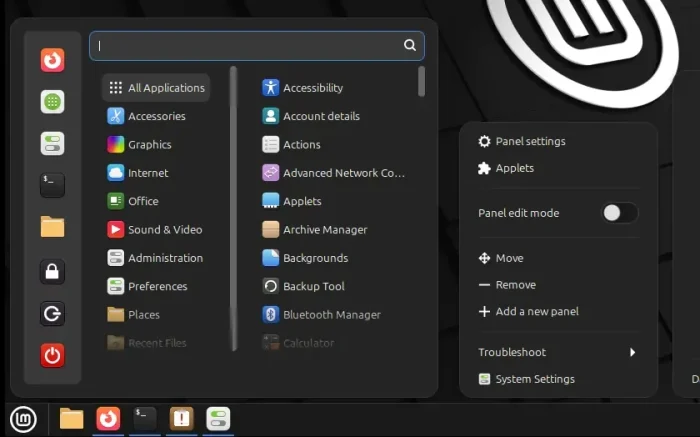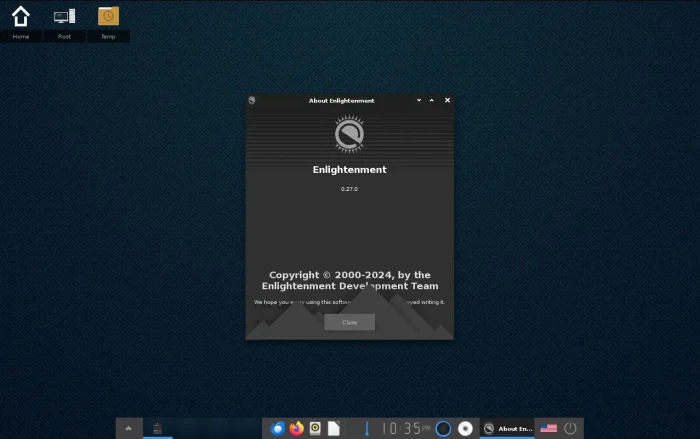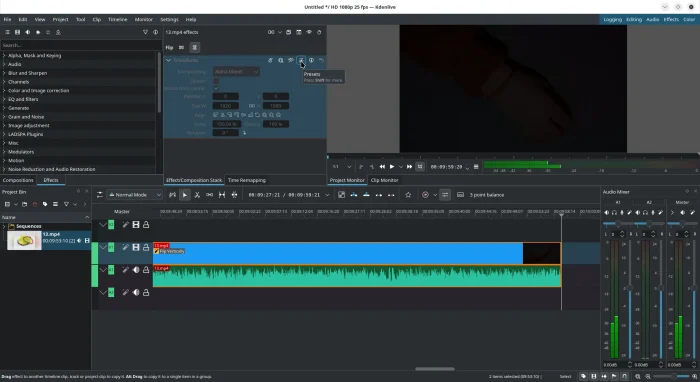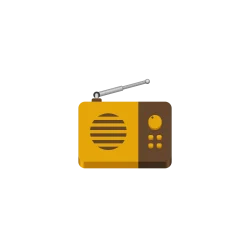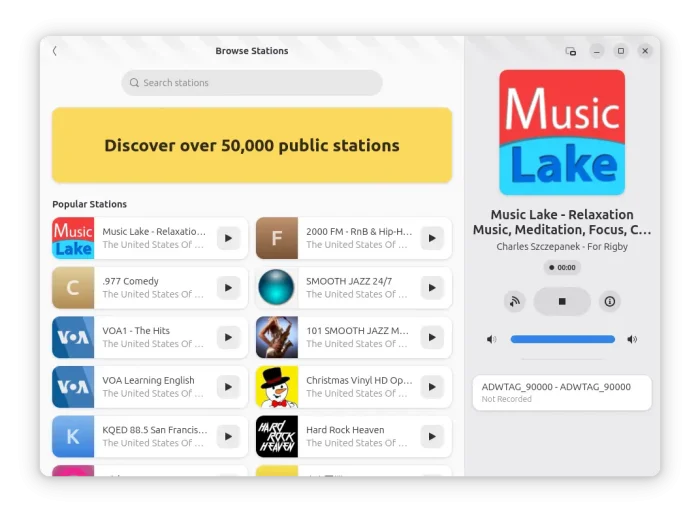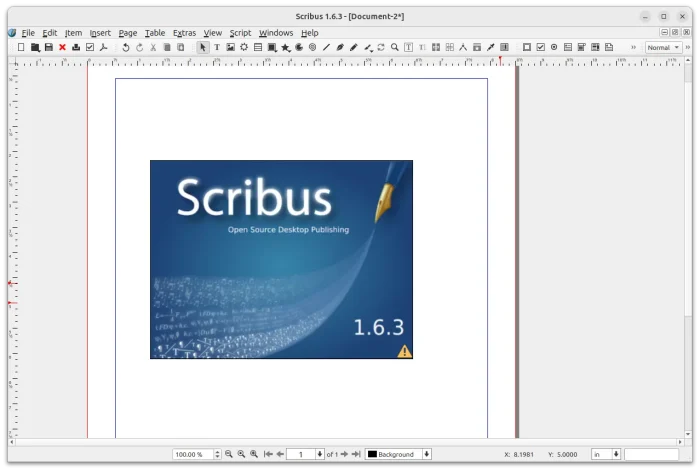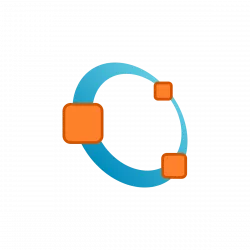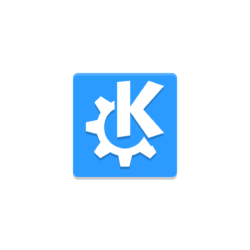
Oracle announced new Virtualbox 7.1.6 release this Tuesday with various bug-fixes, performance improvements, and minor new features.
VirtualBox had heavy screen tearing and flickering issue in Linux VMs running with recent Kernel and Wayland for a period of time, that’s why I switched to QEMU/KVM.
Since the last 7.1.4, VirtualBox greatly improved the flickering, black screen and other screen update issues. In the new release, it also fixed issue with Linux guest screen flickering when guest was using VMSVGA graphics adapter.
Meaning now recent Ubuntu, Fedora Workstation and other Linux with Wayland work great again in VirtualBox virtual machines!
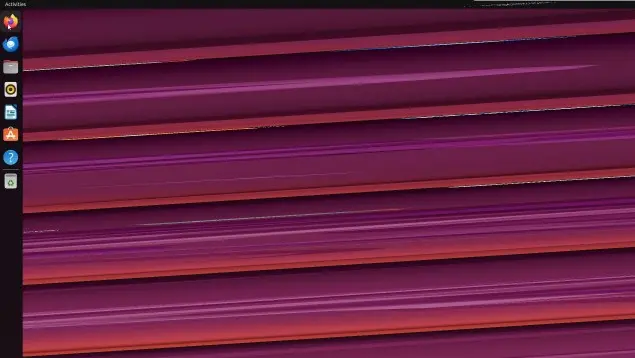
screen tearing and flickering issue finally fixed
Continue Reading…




